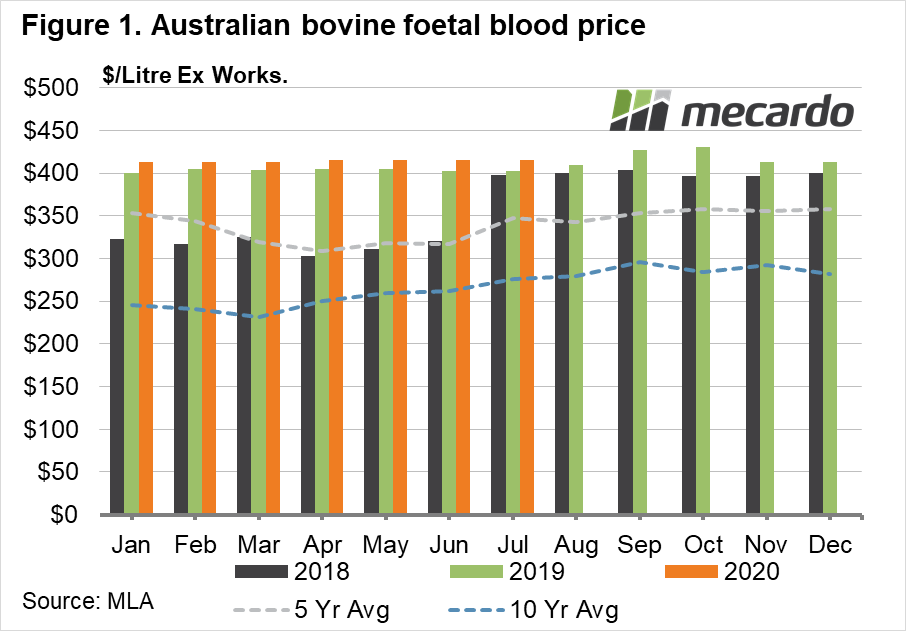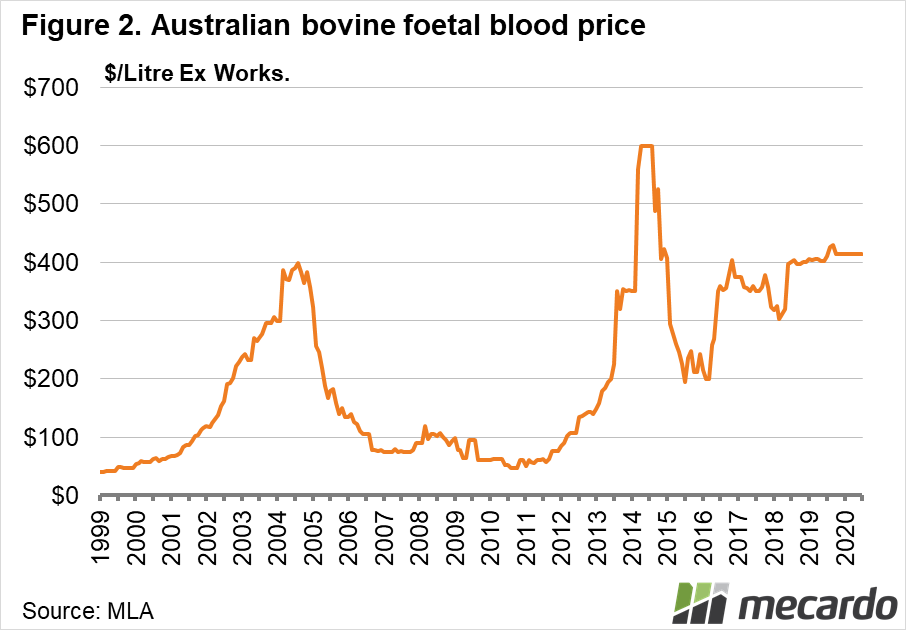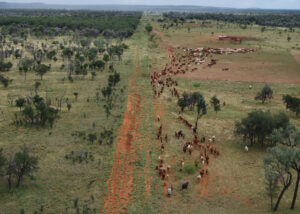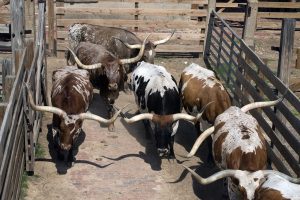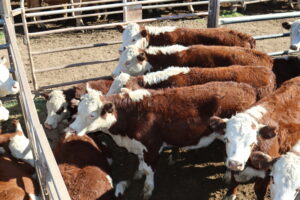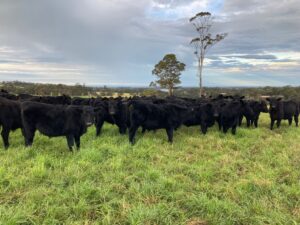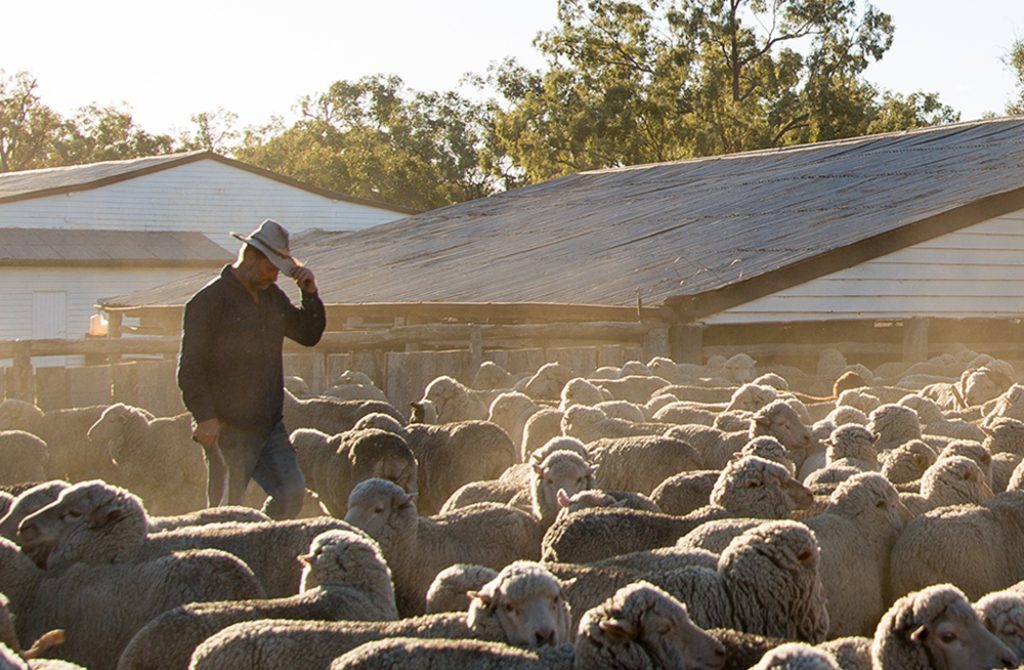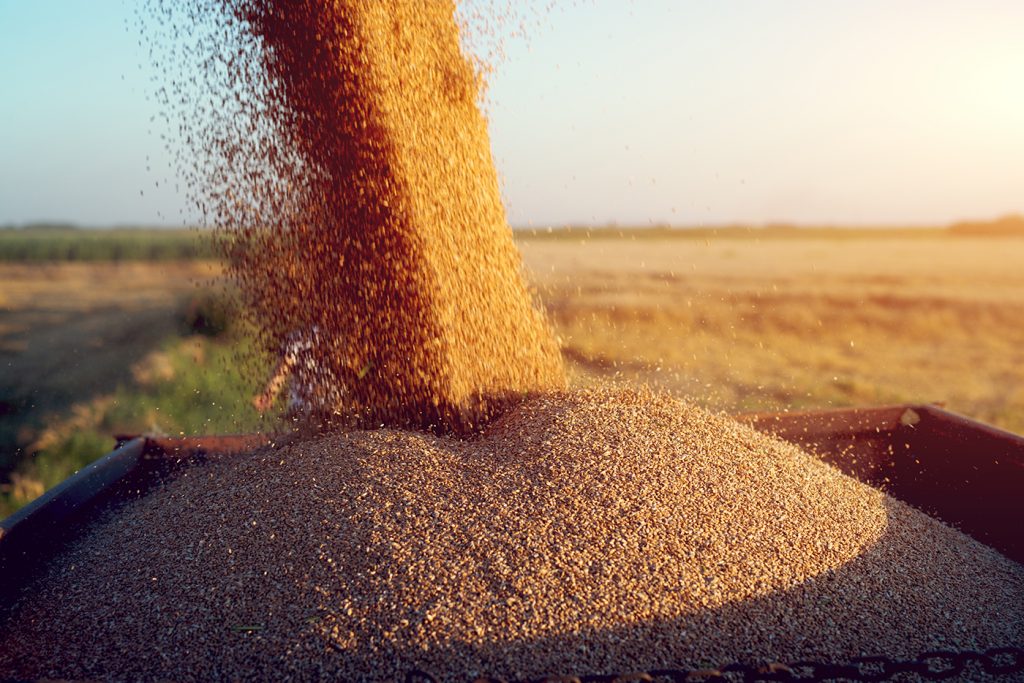Coproducts are an area we rarely talk about on Mecardo, but given the current state of the world, we thought we’d take a look at the role the cattle industry has played in medical research and vaccine production since the 1960’s through supply of extremely high value, safe and pure bovine foetal blood products.
There’s only one product more valuable by weight than the ultra-premium cut of the tenderloin, or filet mignon on a cow. Believe it or not, it’s a humble coproduct that may well be used extensively in the production of an effective COVID-19 vaccine.
Bovine foetal blood, derived from slaughtered pregnant cows is currently worth a whopping $415 per Litre, (Figure 1) and is used to make an extremely valuable product called Bovine Foetal Serum (BFS) for the pharmaceutical industry.
BFS is often a crucial building block in a component of vaccine production technology, known as cell line culture. The American CDC quotes the results of Izurieta et al (2019) which indicated that this technology can produce more effective viral vaccines than the more traditional method which utilizes chicken eggs (diagram 1). Vaccines manufactured in this way include those for polio, chickenpox, hepatitis and the proposed AstraZeneca Oxford university Coronavirus Vaccine.
BFS is described as the “golden nectar” of reagents; although synthetic products exist, none work as well as BFS as it contains a unique cocktail of proteins and nutrients that support the growth of cells in laboratory petri-dish.
Origin matters for this product, due to regulatory, traceability and viral exposure issues. For example, cheaper BFS from Brazil has the potential to carry foot and mouth disease, while that from the UK or Canada may contain mad cow disease. Australia, along with the US and NZ are known for having low risk, healthy and traceable herds, and are thus high value safe sources, commanding a premium price.
The extraction process is only carried out after the dam has been slaughtered, using a sterile procedure, by export accredited processors, and never on-farm. Only foetuses over the age of three months gestation are used, and once collected, the blood is allowed to clot at room temperature and the serum separated through a process known as refrigerated centrifugation.
Data from MLA suggests that the typical yield of foetal blood from a pregnant cow is around 800ml, worth around $330 wholesale, which contains roughly 57% laboratory-grade BFS after processing, though the work of Jochems et al (2002) does indicate that this varies with the gestational term.
Australian laboratory-grade BFS is currently advertised by Interpath at the eyewatering retail price of $1640/L.
The European Serum products Association (ESPA) states that cell culture medium for laboratories contains between 5%-10% BFS depending on the application. As well as vaccines and research, this very expensive ingredient was used in the manufacture of laboratory-grown cultured meat, which was one of the reasons the first laboratory-grown meat burger back in 2013 reportedly cost startup Mosa Meat a whopping $400,000.
In 2014, wholesale Foetal blood prices spiked to over $600 a litre (Figure 2), mostly on the back of strong European demand, and Australia moving though a significant herd rebuild phase, with a low female slaughter rate below 47% for years; which is the stage of the industry’s cycle that we are expected to enter into again soon. A supply squeeze from herd rebuild, combined with a possible demand surge from vaccination could lead to a rosy outlook for this niche coproduct.
What does it mean?
Bovine foetal blood is a highly valuable co-product for the pharmaceutical industry, and at present price, can add more than $330 to the gross value of a cow carcass. Prices tend to rise as the female slaughter rate falls and the herd rebuilds. Furthermore, if a successful COVID-19 vaccine is developed that relies on cell line technology that requires BFS, due to the sheer number of doses required worldwide, at estimated at 15 billion, the demand for BFS may rise substantially. Along with it, the price, and importance of the cattle industry in combatting the worldwide pandemic.
Have any questions or comments?
Key Points
- Bovine Foetal Blood is $415 a litre wholesale, and used to make reagents for vaccine production.
- Australia’s healthy herd is free of dangerous viruses, making our BFS a sought-after premium product.
- BFS may play a major role in COVID-19 vaccine production inputs.
Click on figure to expand
Click on figure to expand
Click on figure to expand – Source NCBI
Data sources: MLA, interpath, CDC, EPSA




